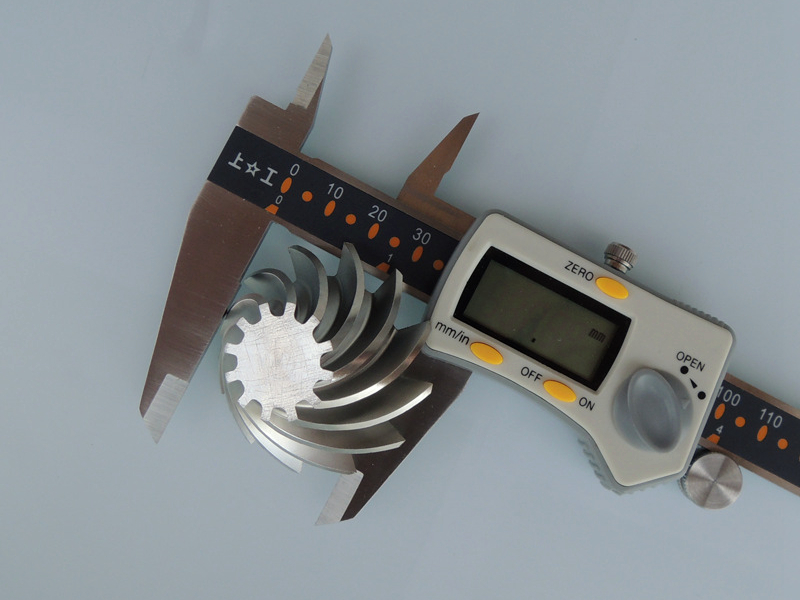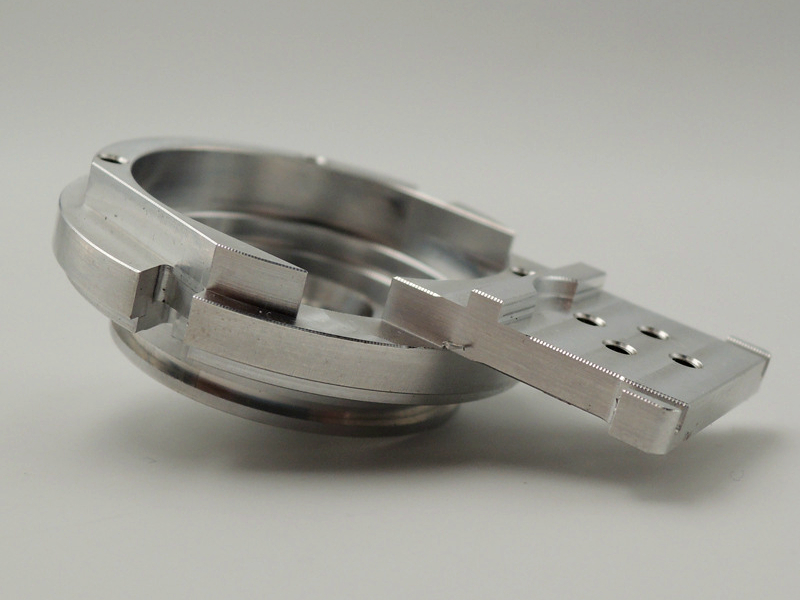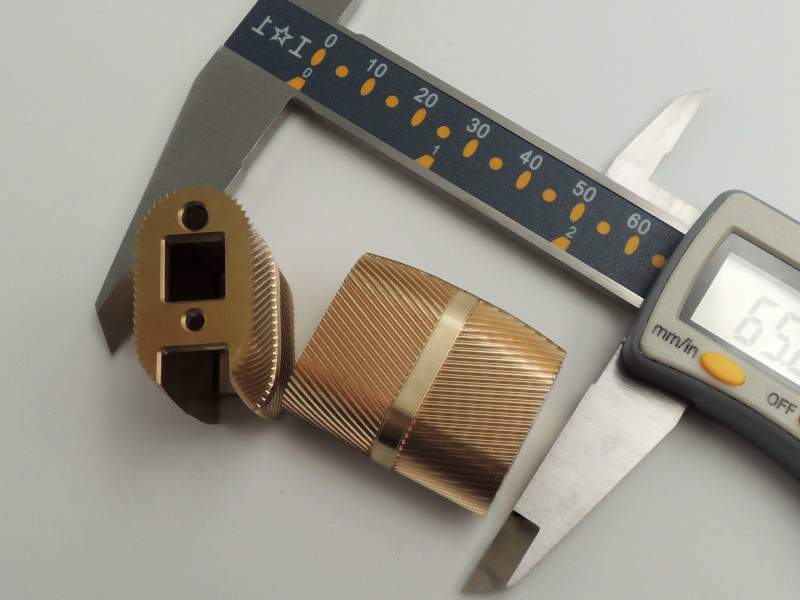How do I ensure my part design is optimized for CNC manufacturability?
How Do I Ensure My Part Design Is Optimized for CNC Manufacturability?
Apply DFM Principles Early
To ensure your part is optimized for CNC machining, incorporate Design for Manufacturability (DFM) principles early in the design phase. At Neway, we recommend avoiding overly tight tolerances unless functionally necessary, limiting wall thickness to a minimum of 0.8 mm for metals and 1.5 mm for plastics, and ensuring all radii and features are tool-accessible. For example, inside corners should have radii of at least 1.0 mm to accommodate standard end mills.
Choose the Right Material
Material selection significantly influences manufacturability. Metals like Aluminum 6061 and Brass C360 are ideal for complex geometries due to their excellent machinability (rated 90–100%). Conversely, materials such as Inconel 718 or Titanium Ti-6Al-4V require reduced feed rates and specialized tooling, so designs should minimize deep pockets and thin sections.
Use Standard Features and Tolerances
Whenever possible, apply ISO 2768-mK or ±0.1 mm general tolerances for non-critical dimensions. Avoid using unnecessarily tight tolerances (e.g., ±0.01 mm) on cosmetic or secondary features, as this can increase machining time by up to 30% and add cost. At Neway, we offer DFM feedback during quoting to help align tolerances with practical machining capabilities.
Design for Tool Accessibility
Ensure all features are reachable with end mills or turning tools. For example, deep cavities over 4×D (depth-to-diameter) may cause chatter and deflection. When necessary, split designs into multiple parts or use multi-axis machining to access complex geometries without sacrificing quality.
Consider Fixturing and Workholding
Stable fixturing reduces vibration and machining errors. Designs should allow for clamping on flat or symmetrical surfaces. Avoid delicate protrusions or unbalanced geometries that make workholding difficult. If unavoidable, our engineering team will evaluate the need for custom jigs or vacuum fixtures.
Request Professional Review
Neway provides expert DFM reviews as part of every quote. We simulate toolpaths, analyze stress concentrations, and recommend modifications that improve cycle time, tool life, and dimensional accuracy. This ensures your part transitions smoothly from design to production without costly revisions.
Relevant Manufacturing Services You May Need
● CNC Machining Services ● Precision Machining ● CNC Machining Prototyping ● One Stop Service ● Low-Volume Manufacturing
With 20+ years of CNC experience and in-house engineering support, Neway helps you achieve functional, cost-effective designs ready for scalable production.



